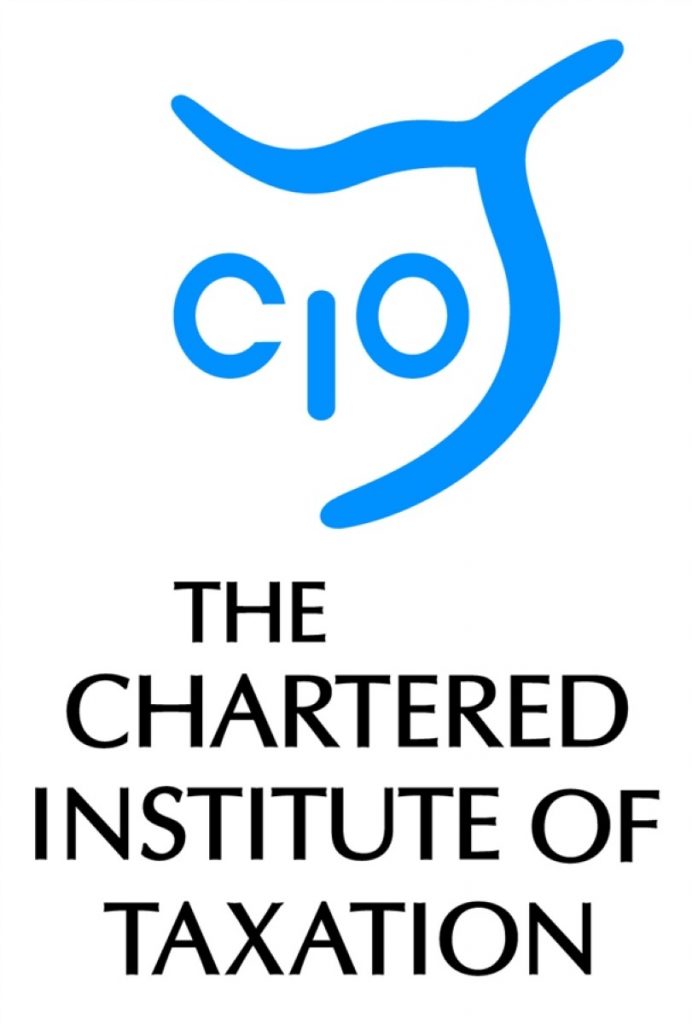CIOT: Solutions to child benefit problems add further complexity
The Chancellor announced today that child benefit will be withdrawn from households containing individuals with incomes of more than £50,000. This will take effect from 7 January 2013.
These changes will introduce a high degree of complexity into what has hitherto been a straightforward benefit with practically universal take-up. Either an income tax charge will be payable by the higher earner in a couple where at least one partner earns over £50,000, so that the value of the benefit is gradually withdrawn through the tax bill, or the claimant will be able to choose not to receive the benefit and the charge will not apply.
John Whiting, Tax Policy Director of the Chartered Institute of Taxation (CIOT), said:
“Raising the threshold for withdrawal and introducing a tapered withdrawal, rather than a cliff’s edge, are sensible moves. But whilst some of the concerns that have been raised by the CIOT and our Low Incomes Tax Reform Group about this change have been addressed, others remain.
“For example, ‘partners’ are defined as a married or unmarried couple, or civil partners or two people living together as if they were civil partners of one another. The concept of people living together as if they were married, or civil partners, is new to tax law. So where a household is formed, or breaks up, over a period of time, how does one define the exact point at which the household begins, or ceases, to exist?
“This implies an increase in HMRC’s compliance activity into the nature of relationships.
“Losing a job of getting an unexpected bonus will also mean late or even retrospective adjustments to child benefit entitlement for some people.
“The penalty on single-earner couples remains. A household in which one earner has a salary of £51,000 a year will start to lose their child benefit whereas a household with two earners on £49,000 each will keep all of theirs.”
Notes to editors
The Chartered Institute of Taxation (CIOT) is a charity and the leading professional body in the United Kingdom concerned solely with taxation. The CIOT’s primary purpose is to promote education and study of the administration and practice of taxation. One of the key aims is to achieve a better, more efficient, tax system for all affected by it – taxpayers, advisers and the authorities.
The CIOT’s comments and recommendations on tax issues are made solely in order to achieve its primary purpose: it is politically neutral in its work. The CIOT will seek to draw on its members’ experience in private practice, government, commerce and industry and academia to argue and explain how public policy objectives (to the extent that these are clearly stated or can be discerned) can most effectively be achieved.
The CIOT’s 15,800 members have the practising title of ‘Chartered Tax Adviser’ and the designatory letters ‘CTA’.





-01.png)